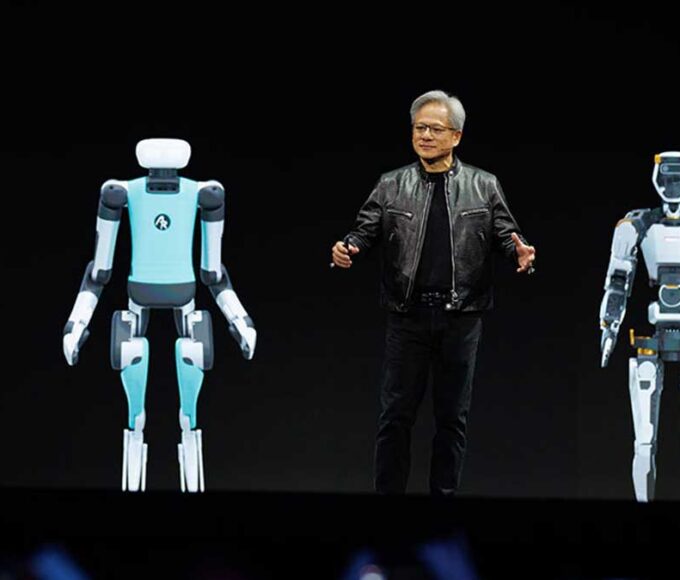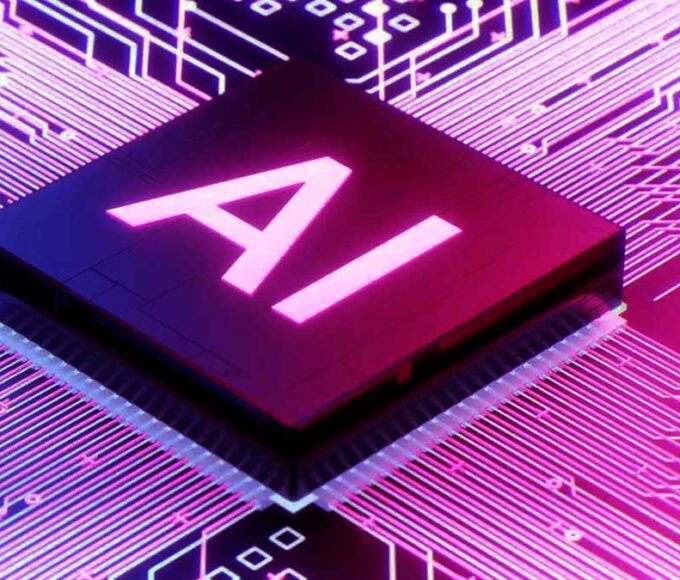- Home
- Billionaires
- Investing Newsletters
- 193CC 1000
- Article Layout 2
- Article Layout 3
- Article Layout 4
- Article Layout 5
- Article Layout 6
- Article Layout 7
- Article Layout 8
- Article Layout 9
- Article Layout 10
- Article Layout 11
- Article Layout 12
- Article Layout 13
- Article Layout 14
- Article Sidebar
- Post Format
- pages
- Archive Layouts
- Post Gallery
- Post Video Background
- Post Review
- Sponsored Post
- Leadership
- Business
- Money
- Small Business
- Innovation
- Shop
Recent Posts
Generative AI Revolutionizing Video Game Development

Generative AI is reshaping the landscape of video game development, ushering in a new era of creativity and efficiency. By harnessing the power of algorithms, game developers can now create intricate and dynamic game environments that offer players a truly immersive experience. One of the key benefits of generative AI is its ability to facilitate procedural generation, where algorithms are used to generate vast and unpredictable game worlds. This not only adds a layer of unpredictability to gameplay but also allows developers to create unique environments that evolve with each playthrough.
Terrain generation is another area where generative AI shines. By leveraging AI algorithms, developers can create realistic and visually stunning terrains that enhance the overall aesthetic appeal of the game. This is particularly useful for open-world games, where the environment plays a crucial role in the player’s experience.
Furthermore, generative AI is revolutionizing the way 3D models are created for games. By automating the modeling process, developers can significantly reduce the time and resources required to create detailed character models and other game elements. This not only speeds up the development process but also allows developers to focus more on the creative aspects of game design.
Voice synthesis and modification are also areas where generative AI is making significant strides. Developers can now use AI to create diverse and realistic voiceovers for characters, adding depth and personality to their creations. Additionally, AI can be used to modify voice recordings, allowing developers to create a wide range of voices for characters using limited resources.
Generative AI is also revolutionizing the way music is created for games. By automatically generating music scores, developers can create dynamic soundtracks that change based on in-game events, adding a new layer of immersion to the gaming experience. Similarly, AI can be used to generate realistic sound effects and ambient soundscapes, further enhancing the game’s atmosphere.
Dialogue generation is another area where generative AI is proving to be invaluable. By using AI to write realistic dialogue for characters, developers can create rich and engaging narratives that draw players into the game’s world. Additionally, AI can be used to generate consistent and unique character personalities, adding depth and complexity to the game’s storytelling.
One of the most exciting aspects of generative AI is its ability to create non-linear storylines that adapt based on player choices. This allows developers to create truly personalized gaming experiences, where the player’s decisions have a real impact on the game’s narrative. Similarly, AI can be used to automatically generate quests and missions that align with the game’s overarching narrative, further enhancing the player’s immersion in the game world.
In addition to enhancing the creative aspects of game development, generative AI is also proving to be a valuable tool for game testing and quality assurance. By automatically detecting bugs and defects, AI can help developers identify and fix issues before they impact the player experience. Additionally, AI can be used to analyze data and predict potential issues within a game, allowing developers to take proactive action to prevent them.
Real-world examples of generative AI in action include Ninja Theory’s use of AI to generate vocal performances and Ubisoft’s development of its own AI tool called Ghostwriter to create NPC dialogue. These examples demonstrate the versatility and potential of generative AI in the field of video game development.
In conclusion, while generative AI will never replace the essential human creativity and artistry that goes into developing new video games, it is clear that it is a valuable tool for developers. By automating certain aspects of game development, generative AI is helping to speed up the development process and reduce the costs associated with bringing new games to market. As the technology continues to evolve, it is likely that we will see even more innovative uses of generative AI in the world of video games.
Recent Posts
Categories
- 193 Countries Consortium Partner1
- 193cc Digital Assets2
- 5G1
- Aerospace & Defense48
- AI37
- Arts3
- Banking & Insurance11
- Big Data3
- Billionaires1,261
- Boats & Planes1
- Business332
- Careers13
- Cars & Bikes79
- CEO Network1
- CFO Network17
- CHRO Network1
- CIO Network1
- Cloud10
- CMO Network18
- Commercial Real Estate7
- Consultant1
- Consumer Tech194
- CxO1
- Cybersecurity73
- Dining1
- Diversity, Equity & Inclusion4
- Education7
- Energy8
- Enterprise Tech29
- Events11
- Fintech1
- Food & Drink2
- Franchises1
- Freelance1
- Future Of Work2
- Games149
- GIG1
- Healthcare79
- Hollywood & Entertainment203
- Houses1
- India’s 1000 Richest1
- Innovation46
- Investing2
- Investing Newsletters4
- Leadership65
- Lifestyle11
- Manufacturing1
- Markets20
- Media327
- Mobile phone1
- Money13
- Personal Finance2
- Policy569
- Real Estate1
- Research6
- Retail1
- Retirement1
- Small Business1
- SportsMoney42
- Style & Beauty1
- Success Income1
- Taxes2
- Travel10
- Uncategorized13
- Vices1
- Watches & Jewelry2
- world's billionaires1,230
- Worlds Richest Self-Made Women2
Related Articles
Jensen Huang Sees Physical AI as the Next Big Leap
Nvidia CEO Jensen Huang believes that Physical AI will be the next...
By 193cc Agency CouncilAugust 10, 2024Could AI Be the Next iPhone Moment?
The term “iPhone moment” describes a technological breakthrough that pushes innovation into...
By 193cc Agency CouncilJuly 8, 2024AI Surge Boosts Demand for Memory and Storage Innovations
The rise of artificial intelligence (AI) is significantly boosting the need for...
By 193cc Agency CouncilJuly 5, 2024Generative AI Set to Transform Finance Jobs
Generative AI is poised to revolutionize the financial services industry by automating...
By 193cc Agency CouncilJune 10, 2024















Leave a comment